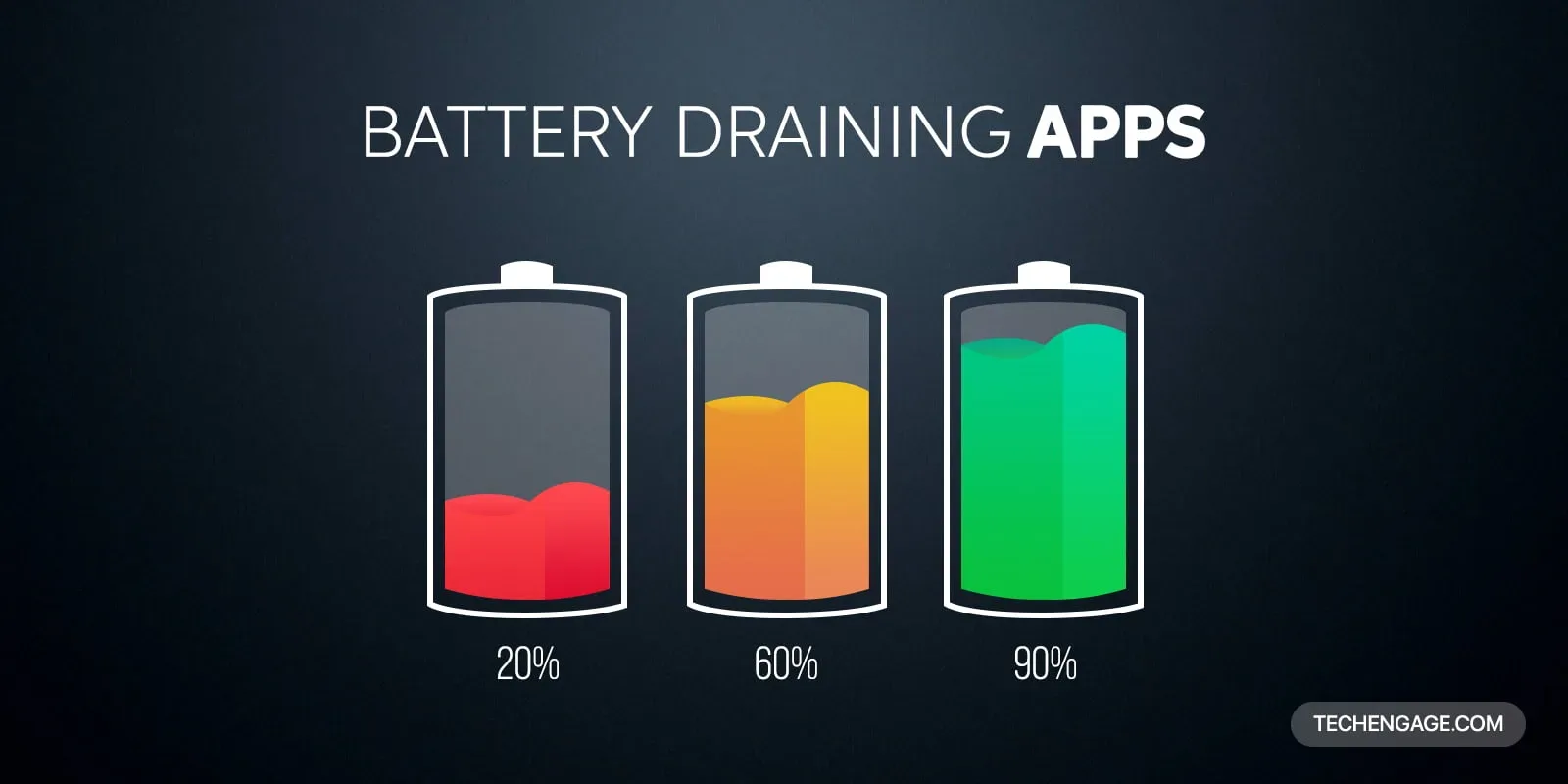According to online news publication The Intercept, Google hired gig workers to help in the construction of its controversial AI project for the Pentagon called Project Maven. The workers were hired using a crowdsourcing jobs platform called Figure Eight (formerly known as CrowdFlower), which pays workers as little as $1/hour to perform mundane microtasks.
The project was intended to help train AI to differentiate objects and people using thousands of hours of drone footage and the workers were asked to do the initial image data labeling, identifying parts of an image, for example, to provide data to Google’s AI so it could learn to identify buildings, trees, etc.
According to leaked documents they obtained, The Intercept claims that:
“Project Maven, with the help of the crowd workers, was designed to allow Pentagon officials to engage in ‘near-real time analysis’ and to ‘click on a building and see everything associated with it,’ including people and vehicles”
Google began outsourcing the work through CrowdFlower back in October 2017. The search engine giant began seeing immediate results as it began improving its AI the following month. Google engineers then designed better guidelines for the crowd workers to train the artificial intelligence to identify the objects.
When Google was approached for comments about whether they still employed gig workers on Project Maven, a company spokesperson redirected questions to Figure Eight, which did not respond. But we have confirmation that Figure Eight knows about this arrangement.
Back in 2018, Will Pleskow, an account executive at Figure Eight, confirmed the arrangement during a September 2018 interview with The Intercept at the AI Summit, a trade show for companies that rely on AI and machine learning.
Pleskow said that the crowd employees did not know that they were working for Google or the Pentagon, which isn’t something new in these kinds of work arrangements. He further added that Figure Eight has completed other image labeling projects such as those used to train driverless cars.
One ex-Figure Eight contractor, who asked to remain anonymous, said that workers are kept in dark about who the data will benefit:
“Usually, they are given a reason for why they are doing a task, like, ‘Draw boxes around a certain product to help machines recognize it,’ but they are not given the company that receives the data.”
Another ex-employee said a clients’ identity was only revealed to them in a handful of situations, such as when conducting academic studies.
Meanwhile, despite these types of potentially unethical project, the gig economy continues to grow. It has the added benefit of allowing both employers and employees to stay relatively anonymous and can be much cheaper than taking on a full-time employee who needs to be provided with a minimum wage or benefits. Many of these types of employees are hired from developing nations, where Figure Eight has a large worker base.
Of course, not all gig work operates in the shadows and many freelancers have found good pay and a better work-life balance via these types of platforms. But in the future, it will be worth asking companies that do sensitive research whether they contract out small projects to these worker spaces in order to asses what roles they play, especially in classified projects, and determine whether contractors have a right to know if they are working on weaponry or other military technology.
As for Project Maven itself, that project was iced last year after Google employees who found out about it resigned, walked out, and signed petitions demanding the company discontinue the project and promise to never build warfare technology again.



